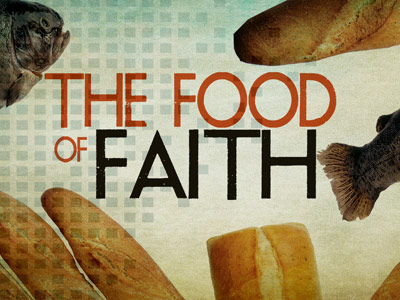-
Charge That To My Account Series
Contributed by Christian Zorio on Nov 28, 2017 (message contributor)
Summary: In Philemon 17-19, we will see how we are like Onesimus in 3 ways so that we will supremely value our salvation in Christ. We have 1.) An Undeserved Substitute (v. 17) 2.) An Unpayable Debt (v.18) 3.) An Unbelievable Payment (v.19)
But that is not the end.
“But if he has wronged you in any way or owes you anything, charge that to my account;”
Which transitions us to our last point:
3. WE HAVE AN UNBELIEVABLE PAYMENT (V.18)
“I Paul, am writing this with my own hand, I will repay it…(v. 19a)”
I, Paul am writing this with my own hand
Paul’s custom was to dictate his letters to a scribe. But in many of his letters, he would write a closing greeting with his own hand. It could be that v.19-25 were written by Paul’s hand or maybe the entire letter.
Regardless, Paul wants to make one point very clear.
I will repay it.
The Apostle Paul assumes whatever debt Onesimus has incurred in his robbery and subsequent flight.
·Paul had an idea of the extent of the theft involved and the enormous amount of what it cost Philemon to replace Onesimus, yet he wanted to have the debt put on his account and he would repay it.
·It was Paul’s desire that the bonds of fellowship that had been broken should now be restored. He was so concerned about reconciliation that he would pay any price.
·That is what Jesus Christ did for us. Because of his great love and desire for us to be reconciled to God, he paid the ultimate price for us. (1 Peter 1:18)
The debt which man could not pay, the debt of spiritual and physical death, the Lord Jesus Christ came to pay.
·He went to Calvary’s cross, and was lifted up between Heaven and earth, and when the Son looked to the Father and cried, “My God, My God, why hast thou forsaken me?” He was paying man’s debt because He was separated from God. The Son of God was enduring spiritual death for man.
·He was paying the debt to the fullest. Only then could He say, “It is finished.”
·Jesus paid for the consequences of our sin at the cross.
It’s likened here both v. 18 and 19 to a financial transaction. Some people are in credit card debt – they can’t seem to climb out. Man’s debt is similar, but it is not the debt of credit, but the debt of spiritual and physical death that they cannot escape of pay off.
If you were to overdraw a bank account, and were to incur a certain indebtedness, which you could not pay, and another person in kindness went and paid that debt in full, at the end of the month you statement would show that you owed nothing. The indebtedness has been taken care of.
That is what happened on the cross.
·Our sin, our debt was paid for by the Christ, the Son of God
·In other words, our sins, were imputed onto him.
·2 Cor. 5:21 He who knew no sin became sin on our behalf;
·That’s good news, we no long owe. The ledger is wiped clean and we have a 0 balance in the account. But that still leaves us a bankrupt in the sight of God
Christ did more ever more for us.
·Not only does he take away our sin and 0 out our ledger. He also adds to the account.
·Jesus Christ came not only to pay one’s debt, that the debit side of the ledger should be wiped clean, He also came in order to impute His RIGHTEOUSNESS onto us.
·Righteousness? Perfect and exact obedience to the Law of God
·He not only has cancelled the debt, but He has given us His righteousness as the basis of his standing before God

 Sermon Central
Sermon Central



